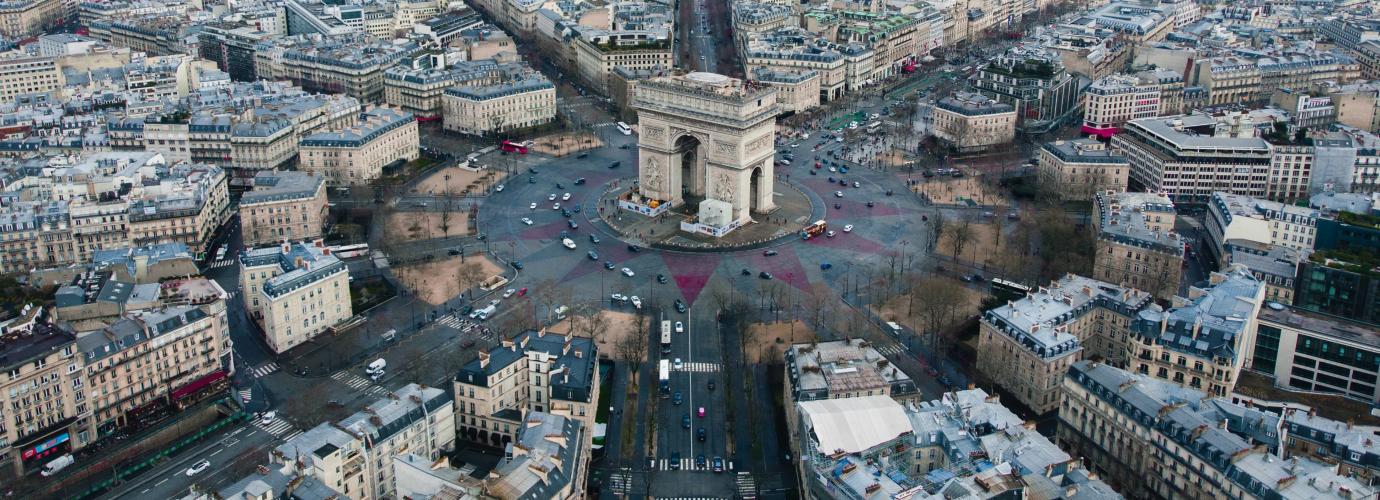The public service of higher education includes all post-secondary education. According to Article L123-3 of the Education Code, the missions of the public higher education service are:
- initial and continuing lifelong training;
- scientific and technological research and the dissemination and promotion of its results;
- guidance, social promotion and professional integration;
- the dissemination of humanist culture through the development of human and social sciences, scientific, technical and industrial culture;
- participation in the construction of the European Higher Education and Research Area;
- international cooperation.
The French higher education system is marked by the coexistence of a plurality of institutions that share higher education. They belong to different legal categories, in Book VII of the regulatory part of the Education Code. They include, among others
- public universities;
- schools and institutes outside the universities, private or public;
- the écoles normales supérieures, the French schools abroad and the Grands Établissements.
These institutions offer courses with different aims and admission requirements. Although the baccalauréat diploma (or its equivalence or exemption) is a necessary condition for access to all higher education courses, it is not a sufficient condition for certain types of course. A distinction can therefore be made between
- courses that are accessible without selection at entry: these are university courses where enrolment is at the bachelor level;
- courses to which access is by selection on the basis of an admission file: classes préparatoires aux grandes écoles (CPGE), sections de techniciens supérieurs (STS), courses provided in university institutes of technology (IUT), in professionalized university institutes (IUP), in higher institutes of teaching and education (INSPE) and in specialised schools;
- courses accessed through competitive entrance examinations offered in the 'grandes écoles'.
All higher education institutions and most of their courses are structured in three study cycles (Bachelor's, Master's and Doctorate) and in ECTS credits, in accordance with the principles of the Bologna Process. In addition, the academic years are based on a semester calendar.

